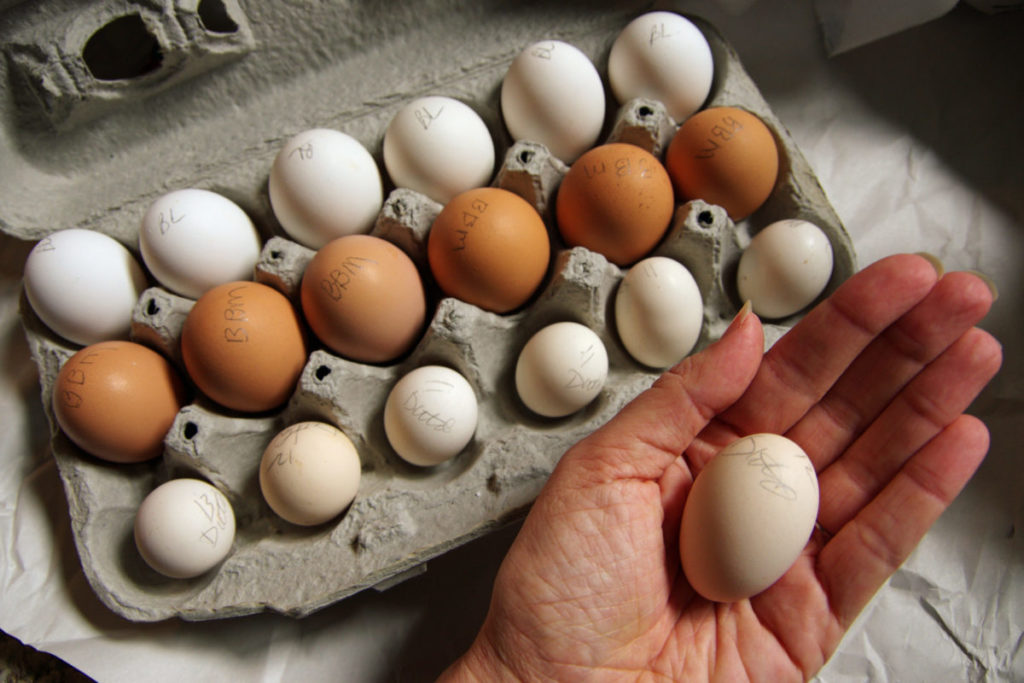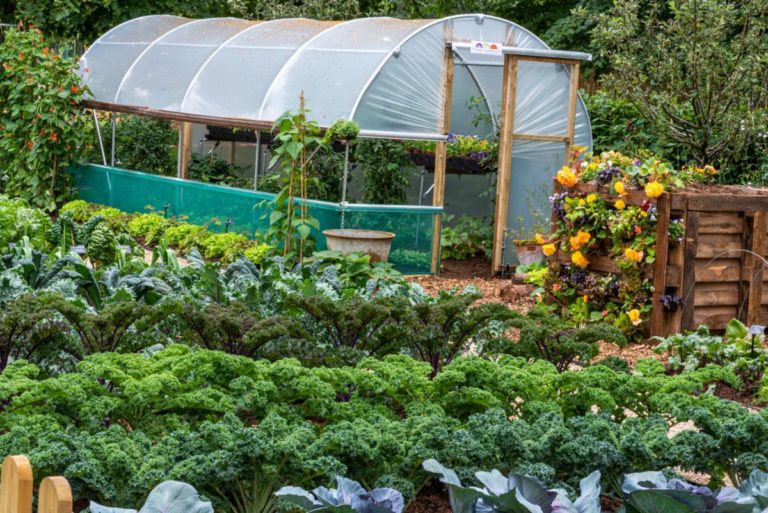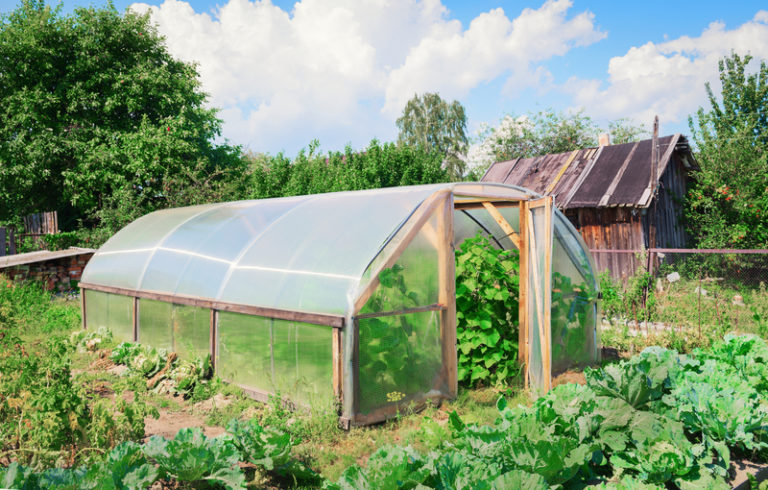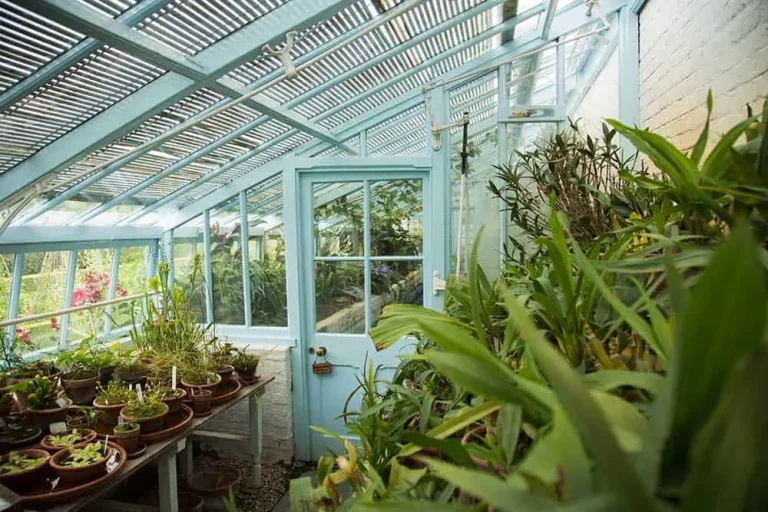Backyard chickens have long been a popular choice for sustainable living and off-grid homesteading…but they’re not the only birds that can provide tiny yet delicious eggs.
Meet quail: these feathered friends offer just as many benefits, but with fewer space and feed requirements!
In this piece we explore all the upsides of raising quails in your haven (and debunk a few common misconceptions along the way).
We’ll discuss what kind of housing and feed you’ll need to provide, how health checks keep disease at bay, and even share tips for dealing with those pesky predators!
Are you ready to reap big reward from these pint-sized birds?
Let’s dive in: Raising Quails – Tiny Eggs Big Rewards.
Choose the right breed
Not all quail breeds are created equal when it comes to egg size. Some breeds, like the Japanese Quail, are known for their large eggs. Research different breeds and choose one that fits your needs.
The Japanese Quail, for instance, is renowned for its large eggs, with an average weight of around 60-70 grams per egg.
This breed is an excellent choice for those looking for larger eggs, which can be useful for cooking and baking purposes.
The Japanese Quail is known for its cold hardiness and tolerance to a variety of climates, making it a versatile and reliable choice for backyard farmers.
So, if you’re looking for a quail breed that produces large eggs, consider the Japanese Quail for your next quail-keeping adventure!
Provide a safe and healthy environment
Quails need a safe and healthy environment to thrive. Make sure their enclosure is predator-proof, well-ventilated, and free from drafts. Provide plenty of hiding places and nesting boxes for your quails.
To ensure that your quails thrive, it’s essential to provide them with a safe and healthy environment.
Start by creating a predator-proof enclosure that is well-ventilated and free from drafts.
This can be achieved by using sturdy materials like chicken wire or hardware cloth to cover the top and sides of the enclosure, and by ensuring that there are no gaps or openings that predators can exploit.
Provide plenty of hiding places and nesting boxes for your quails to use.
These can be made from materials like wood or cardboard, and should be positioned throughout the enclosure to give your quails a sense of security and privacy.
Feed them well
Quails need a balanced diet that includes protein, fiber, and calcium to produce healthy eggs. Offer them a mix of commercial quail feed, fresh fruits and vegetables, and grit (granite or crushed eggshells) to help them digest their food.
Quails, like all living beings, require a balanced diet to maintain their overall health and produce healthy eggs.
A well-rounded diet for quails should include a mix of protein, fiber, and calcium.
Commercial quail feed should be the foundation of their diet, as it provides the essential nutrients they need.
However, it’s important to supplement their diet with fresh fruits and vegetables to ensure they get enough fiber and vitamins.
Leafy greens such as kale, spinach, and collard greens are all great options, as well as fruits like apples and berries.
In addition to a diverse diet, quails also need grit to help them digest their food.
Grit can be provided in the form of crushed eggshells or granite, which helps to grind up their food and aid in digestion.
By providing quails with a balanced diet that includes a mix of commercial feed, fresh fruits and vegetables, and grit, you’ll be giving them the nutrients they need to thrive and produce healthy eggs.
Monitor their health
Keep an eye on your quails’ health daily. Check for signs of illness, such as labored breathing, lethargy, or droopy wings. Consult a veterinarian if you suspect any health issues.
Quails, like any other living creatures, can be susceptible to various health issues that can negatively impact their well-being and productivity.
Therefore, it is essential to keep an eye on their health daily, and check for signs of illness, such as labored breathing, lethargy, or droopy wings.
These symptoms can indicate a range of health problems, from respiratory infections to parasite infestations, and can progress quickly if left untreated.
Therefore, it is important to consult a veterinarian as soon as possible if you suspect any health issues in your quails.
Your veterinarian can perform a physical examination, take samples for laboratory testing, and provide guidance on the appropriate treatment and management of your quails’ health.
Depending on the specific health issue, this may include administering antibiotics, providing supportive care, or implementing changes to their diet, environment, or husbandry practices.
By taking proactive measures to address any health issues promptly, you can help prevent the spread of disease, reduce the risk of mortality, and maintain a healthy and productive flock of quails.
Provide plenty of water
Quails need access to clean, fresh water at all times. Change the water frequently to prevent bacterial growth.
Providing clean, fresh water for your quail is a important aspect of their care and well-being.
As quail are highly susceptible to bacterial growth in their water sources, it is essential to change the water frequently to prevent the growth of harmful bacteria.
This means that you should aim to change your quail’s water at least once a day, and more frequently during hot or humid weather conditions.
It is also important to ensure that the water you provide is free of chlorine and other harmful chemicals, as these can be toxic to your quail.
By providing your quail with clean, fresh water at all times, you can help ensure their overall health and well-being.
Manage the flock
Quails are social animals and benefit from being in a flock. Keep the flock small to ensure everyone gets enough space and attention. Monitor the hierarchy within the flock and separate aggressive birds.
Quails are social animals that thrive in the company of their own kind.
When kept in a flock, they develop strong social bonds and engage in behaviors that promote their overall health and well-being.
For example, they will groom and preen each other, communicate through vocalizations and body language, and work together to forage for food.
However, it’s important to keep the flock small to ensure that each bird receives enough space and attention.
If the flock is too large, the birds may become stressed and aggressive, leading to health problems and a decrease in egg production.
It’s important to monitor the hierarchy within the flock and separate any aggressive birds to prevent them from bullying other members of the flock.
Harvest the eggs
Quail eggs are ready to harvest when they are fully formed and the shells are a nice brown color. Collect eggs gently to avoid cracking them. Store them in a cool, dry place.
When collecting quail eggs, it’s important to look for ones that are fully formed and have a nice brown color.
This indicates that the eggs are mature and ready to be harvested.
To avoid cracking the eggs during collection, gently pick them up from the bottom, using a clean and dry utensil or your hands.
Avoid applying too much pressure or handling the eggs roughly, as this can cause damage to the shells.
Once collected, store the eggs in a cool, dry place, such as a refrigerator or a specialized egg carton.
It’s important to keep the eggs away from direct sunlight and extreme temperatures, as these can affect the quality and freshness of the eggs.
Proper storage will help to preserve the eggs’ taste, texture, and nutritional value.
Practice sustainable farming
Raising quails is a sustainable way to produce eggs and meat. Implement regenerative practices like crop rotation, composting, and integrating herbs and flowers to attract beneficial insects and improve soil health.
Raising quails is an excellent way to produce sustainable eggs and meat while promoting regenerative agriculture practices.
By implementing crop rotation, composting, and integrating herbs and flowers, you can create a thriving ecosystem that benefits both your quail and the environment.
Crop rotation helps to maintain soil fertility and reduces the need for synthetic fertilizers.
Composting enhances soil health by adding organic matter and promoting the growth of beneficial microorganisms.
Integrating herbs and flowers attracts beneficial insects, such as bees and butterflies, which are essential for pollination and maintaining ecological balance.
These practices not only improve the quality of your quail’s diet but also contribute to a healthier and more resilient ecosystem.
Quail are known to be excellent foragers, so they can help to control pests and diseases in your garden by preying on insects and other invertebrates.
By adopting these regenerative practices, you can ensure a sustainable and thriving quail-keeping operation while also contributing to a better environment.
Want More? Dive Deeper Here!
Hey there! If you’re the type who loves going down the rabbit hole of information (like we do), you’re in the right spot. We’ve pulled together some cool reads and resources that dive a bit deeper into the stuff we chat about on our site. Whether you’re just killing time or super into the topic, these picks might just be what you’re looking for. Happy reading!






